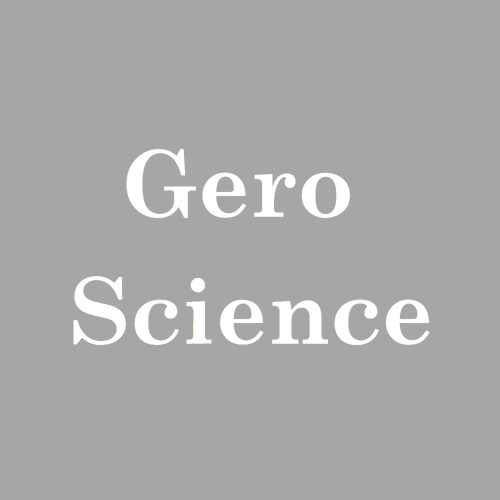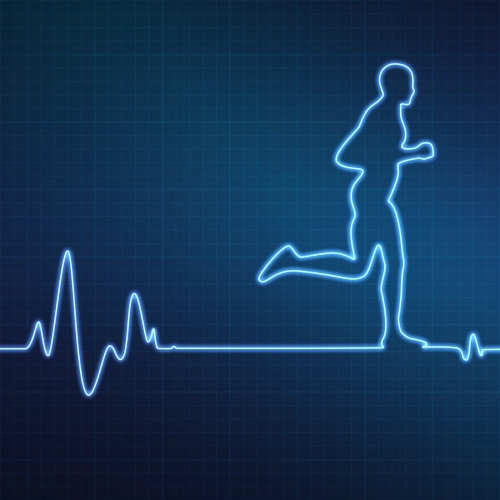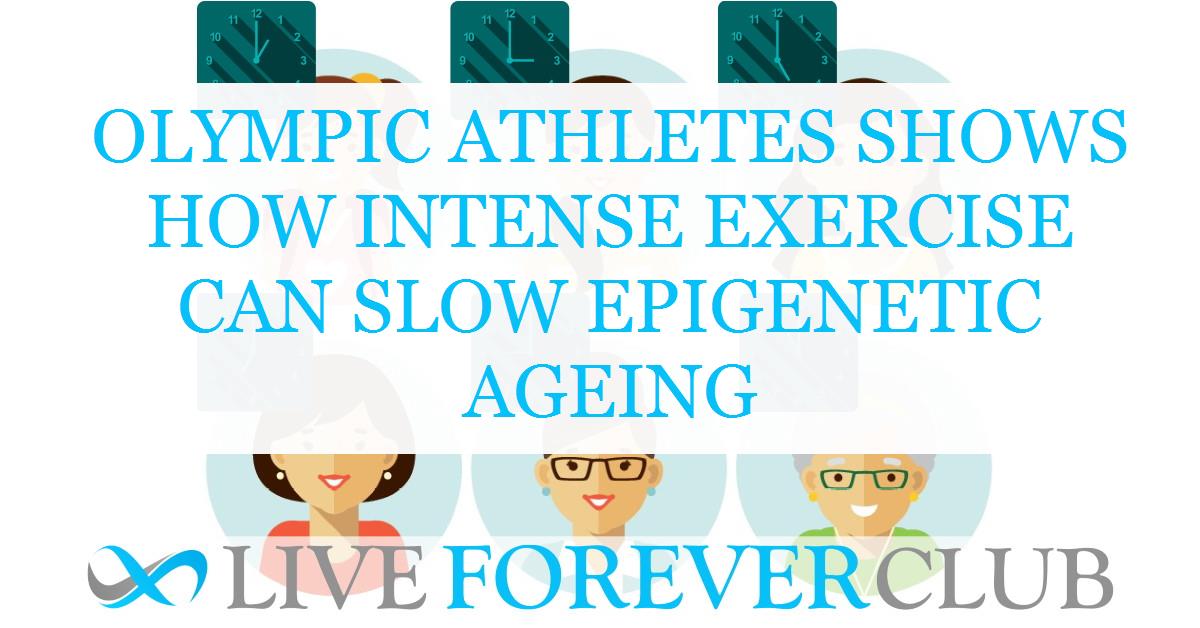Ageing is inevitable, but how we age can vary significantly based on lifestyle. Recent research has unveiled fascinating insights into how elite athletes, specifically Olympic champions, exhibit slowed epigenetic ageing compared to non-champions. Epigenetic ageing, which reflects biological rather than chronological age, offers a window into longevity and overall health. This groundbreaking study not only highlights the benefits of rigorous physical activity but also raises questions about the genetic and molecular mechanisms behind healthy ageing.
What is Epigenetic Ageing?
Epigenetic ageing refers to changes in DNA methylation patterns, a key epigenetic marker, which can predict biological age. Unlike chronological age, biological age reveals how well an individual's body is ageing. Scientists use DNA methylation clocks, such as Horvath’s Clock and GrimAge, to measure these changes. These clocks evaluate thousands of CpG sites—specific regions on the DNA—to assess the biological age of tissues and cells.
First-generation clocks, like Horvath’s, were revolutionary in their ability to estimate biological age. Second-generation clocks, such as GrimAge and PhenoAge, further advanced this field by correlating epigenetic data with disease risks and mortality. One recent addition, the DNAmFitAge clock, integrates physical fitness parameters like VO2 max and grip strength, showcasing the interplay between fitness and ageing. These tools provide a robust framework for studying how lifestyles, including intense physical activity, influence ageing.
Role of Exercise in Ageing
Exercise is a cornerstone of healthy living. Moderate physical activity is known to reduce risks of cardiovascular diseases, enhance mental health, and increase lifespan. However, Olympic athletes go beyond moderate activity. They train rigorously for years, often beginning in childhood. While extreme physical activity can sometimes pose risks, such as overuse injuries, it also offers unique benefits.
Studies on elite athletes, like Tour de France cyclists and Finnish Olympic participants, have shown they live longer and enjoy better health than the general population. This dose-dependent relationship between physical activity and health highlights that elite training not only enhances performance but also promotes longevity. The new study on Hungarian Olympic champions takes this understanding further, revealing how epigenetic ageing slows in these individuals.
Key Findings from the Study
Slowed Ageing in Olympic Champions
The study examined the epigenetic age of 59 Hungarian Olympic champions and compared it to 329 non-champions. Results showed that champions had slower biological ageing across various DNA methylation clocks. For example, male and female champions exhibited increased telomere lengths—an indicator of cellular health—and reduced age acceleration, particularly in PhenoAge and SkinBlood clocks. These findings underscore how intense, long-term physical activity can positively affect ageing processes.
Gender-Specific Trends
Interestingly, the study found gender differences in ageing patterns. Among male champions, recent medalists aged slower epigenetically than past medalists. Conversely, female recent medalists exhibited faster epigenetic ageing compared to past female medalists. These trends suggest that physiological or hormonal factors might modulate how physical activity impacts ageing.
Sport-Specific Ageing
Not all sports have the same impact on ageing. The study highlighted that wrestlers experienced higher age acceleration than athletes in gymnastics, fencing, or water polo. Differences in training intensity, weight management, and recovery practices likely contribute to these variations. Additionally, educational levels, which were higher among fencers and water polo players, might influence lifestyle choices and, consequently, ageing.
Genetic and Molecular Insights
The research identified specific genes with altered DNA methylation patterns in Olympic champions compared to non-champions. Some genes showed hypo-methylation, meaning they were more active. These included:
- PRR22: Crucial for synaptic health.
- ALG10B: Involved in glycosylation processes.
- MYO1E: Regulates force generation in muscles.
Other genes were hyper-methylated, implying reduced activity, such as:
- BHLHE40: Linked to immune response and metabolic regulation.
- RANBP10: Associated with cancer suppression.
- TELO2: Plays a role in maintaining telomere length.
These epigenetic modifications underline the molecular adaptations elite athletes undergo, which contribute to better health outcomes and reduced disease risks.
Implications for the General Population
While few can match the rigorous training of Olympic champions, their lifestyles offer valuable lessons. Regular physical activity, even at moderate levels, can mimic some of the benefits observed in elite athletes. Engaging in activities like walking, swimming, or yoga can improve cardiovascular health, enhance mental well-being, and potentially slow biological ageing.
However, balance is key. Overtraining can lead to injuries and long-term health issues. For non-athletes, a combination of aerobic and strength training, along with proper nutrition and stress management, can maximize health benefits. Consulting healthcare professionals for personalized fitness plans ensures safe and effective outcomes.
Limitations and Future Directions
Despite its compelling findings, the study has limitations. The sample size was relatively small, with only 59 champions analysed. Additionally, the focus on Hungarian athletes limits the generalisability of the results to other populations. Future research should include diverse cohorts, such as non-elite athletes and individuals from different ethnic backgrounds, to build a comprehensive understanding of exercise and epigenetic ageing.
Further studies could also explore how diet, sleep, and psychological factors interact with physical activity to influence ageing. Investigating the long-term impacts of childhood training on adult health might provide insights into optimising athletic training programs for young individuals.
Conclusion
Olympic champions are not just paragons of physical excellence but also of biological resilience. The study on their slowed epigenetic ageing highlights the profound impact of sustained, high-intensity exercise on health and longevity. By adopting regular physical activity and mindful lifestyle choices, everyone can harness the benefits of healthy ageing. This research inspires us to move more, live better, and age gracefully.
Understanding the science of ageing is a step toward better health. Explore ways to integrate physical activity into your daily routine. Consult with professionals to design a fitness plan tailored to your needs. Start today and take charge of your journey to a healthier, longer life.
The study is published in the journal GeroScience. It was led by Zsolt Radák from Hungarian University of Sport Science, Budapest, Hungary.







